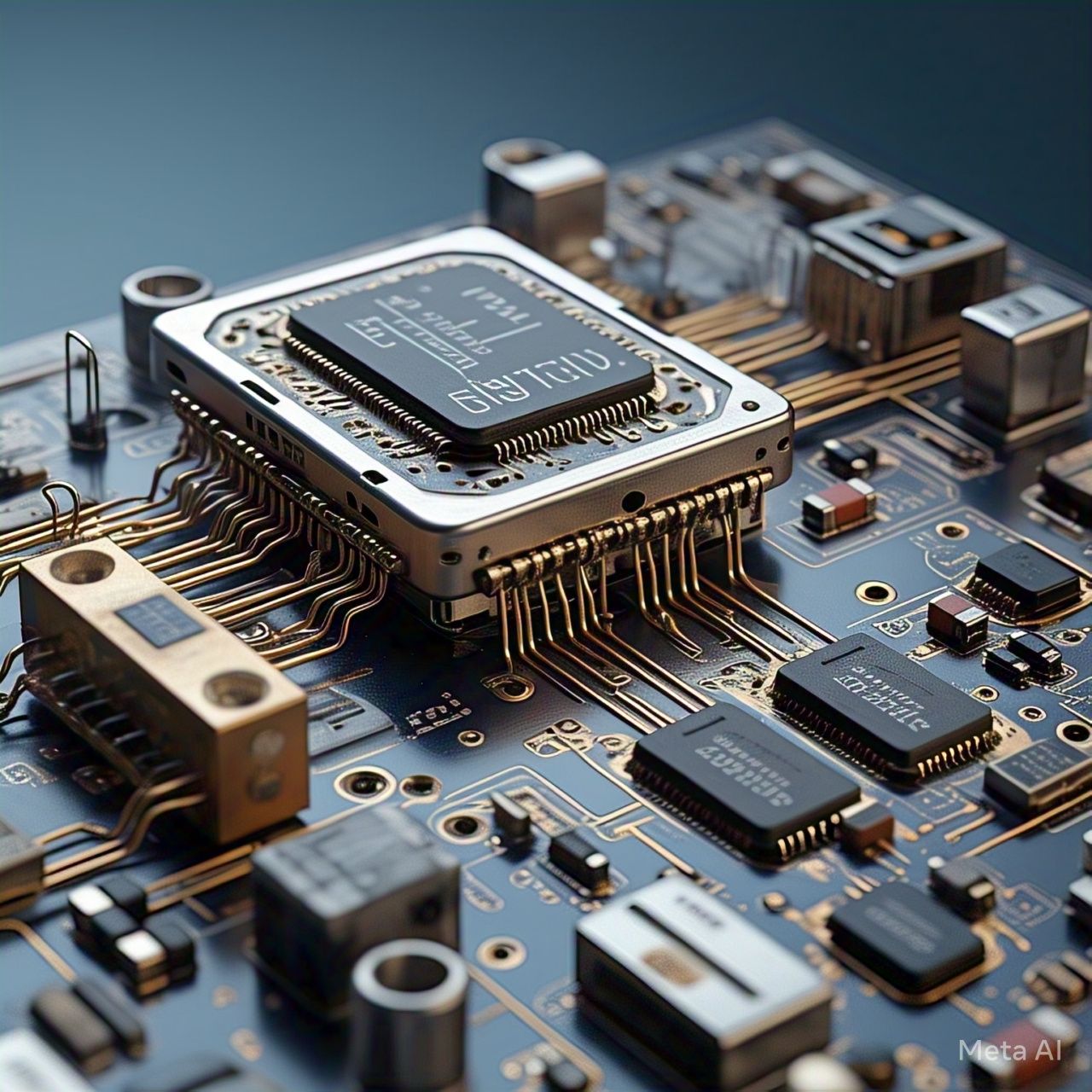Introduction
Artificial intelligence (AI) is transforming the way we use smartphones, making devices smarter, faster, and more efficient. At the heart of this AI revolution is the Neural Processing Unit (NPU)—a specialized component in modern mobile chips designed to handle complex machine learning tasks. NPUs enable advanced features such as real-time language translation, intelligent photography, and AI-driven battery optimization, all while improving efficiency and reducing power consumption.
In this article, we’ll explore the role of NPUs in AI mobile chips, how they differ from traditional processors, and the ways they enhance smartphone performance.
What is a Neural Processing Unit (NPU)?
A Neural Processing Unit (NPU) is a dedicated hardware component optimized for AI-related tasks, particularly neural network computations. Unlike Central Processing Units (CPUs) and Graphics Processing Units (GPUs), which handle general computing and graphics processing, NPUs are designed specifically for deep learning and AI inference.
How NPUs Differ from CPUs and GPUs
- CPUs: Handle a broad range of tasks, including app execution and system processes, but are not optimized for AI workloads.
- GPUs: Excel at parallel processing, making them suitable for graphics rendering and some AI tasks, but they consume significant power.
- NPUs: Specialized for deep learning, performing AI operations faster and more efficiently than CPUs or GPUs while consuming less power.
The Role of NPUs in AI Mobile Chips
NPUs play a crucial role in enhancing smartphone capabilities by enabling real-time AI processing. Here are some key areas where NPUs make a difference:
1. AI-Powered Photography and Videography
NPUs improve smartphone cameras by optimizing image quality in real time. AI-driven computational photography features include:
- Scene recognition: Identifies objects, lighting conditions, and subjects to adjust camera settings automatically.
- Low-light enhancements: Reduces noise and enhances details in night mode photography.
- Portrait mode & bokeh effects: Creates professional-quality background blur with precise edge detection.
- Real-time video enhancements: Enables live HDR processing and stabilization for smoother footage.
2. Voice Assistants and Speech Recognition
With NPUs, virtual assistants like Google Assistant, Siri, and Bixby can process voice commands more accurately and with minimal latency. NPUs enable:
- Real-time voice recognition
- Faster language translation
- Improved speech-to-text accuracy
3. AI-Driven Battery and Performance Optimization
NPUs contribute to better power efficiency by intelligently managing system resources. They:
- Analyze user habits to optimize background processes.
- Dynamically adjust CPU & GPU performance based on task requirements.
- Extend battery life by prioritizing essential applications and reducing unnecessary power consumption.
4. Real-Time AI for Augmented Reality (AR) and Gaming
AI-powered mobile chips enhance AR applications and gaming experiences by enabling:
- Object and environment recognition for immersive AR experiences.
- AI-enhanced graphics rendering to boost visual performance in games.
- Reduced input lag and improved frame rates for smoother gameplay.
5. Security and Biometric Authentication
NPUs enhance security by making facial recognition, fingerprint scanning, and other biometric authentication methods faster and more secure. They:
- Improve facial recognition accuracy with real-time AI analysis.
- Detect spoofing attempts using advanced algorithms.
- Strengthen encryption and fraud detection for safer mobile transactions.
Leading Mobile Chipmakers Integrating NPUs
Several leading smartphone chipmakers are pushing the boundaries of AI processing with advanced NPUs:
- Apple – A-Series Bionic chips feature powerful Neural Engines for AI-driven features.
- Qualcomm – Snapdragon AI Engine integrates NPUs for enhanced mobile experiences.
- Google – Tensor chips prioritize AI-powered optimizations in Pixel devices.
- Samsung – Exynos AI processors enhance computational photography and on-device intelligence.
- MediaTek – Dimensity AI chips deliver high-performance AI processing for mid-range and flagship smartphones.
The Future of NPUs in Mobile AI Chips
The role of NPUs will continue to expand as AI becomes more integral to mobile experiences. Future advancements may include:
- More powerful AI models running on-device for improved privacy and speed.
- AI-assisted health monitoring with real-time biometric tracking.
- Smarter, more context-aware AI assistants capable of natural conversation and adaptive learning.
- Enhanced AR and VR experiences powered by real-time AI processing.
Conclusion
Neural Processing Units (NPUs) are the driving force behind AI-powered smartphones, enabling faster, smarter, and more efficient AI processing. By enhancing photography, gaming, security, and everyday smartphone functions, NPUs are reshaping the way we interact with mobile devices. As AI technology continues to evolve, NPUs will play an even greater role in making smartphones more intelligent, personalized, and energy-efficient.




